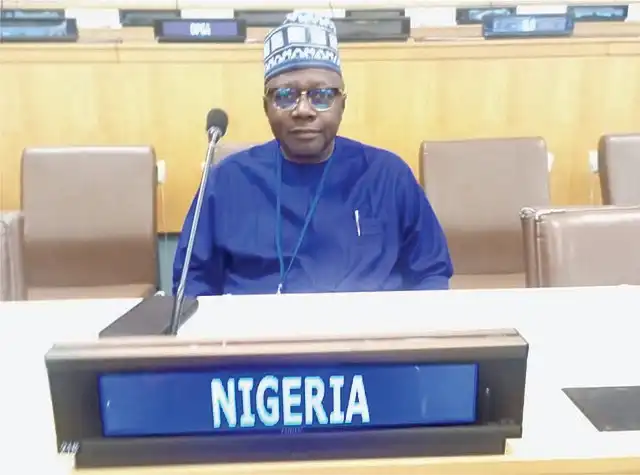Nigeria ‘s census will hold in 2025, the Chairman of the National Population Commission (NPC), Nasir Isa Kwarra, has said.
Kwarra revealed this at the 2024 Anniversary of the Nairobi Summit on International Conference on Population and Development (ICPD) on Thursday in Abuja
Despite the United Nations’ recommendation that countries should conduct census every 10 years, Nigeria did not conduct any after that of 2006, going for 18 years without accurate figure of its citizens.
Nigeria was supposed to hold the census in 2023, it did not after missing two dates it was scheduled under the administration of President Muhammadu Buhari.
The administration had predicated the cancellation on wanting the incoming administration that won the 2023 elections to own the census exercise.
Kwarra attributed the major setback Nigeria faces to the delay in conducting a population and housing census which is fundamental for informed decision-making.
He said the delay in conducting the census, particularly in the face of logistical and financial constraints, had hindered efforts to assess the full scope of population needs and allocate resources effectively, especially in rural and underserved areas.
“This gap in accurate population data poses challenges in tailoring reproductive health services and interventions to specific demographic groups, ultimately undermining progress toward reducing maternal mortality and improving access to family planning.
“We are gathered in the spirit of a shared commitment to progress, inclusivity, and the empowerment of individuals, particularly women and young people. Our focus is on advancing sexual and reproductive health, eliminating gender-based violence (GBV), and promoting equal opportunities for everyone in our nation.
“We must continue our march to address these challenges head-on. For many in our communities—particularly women, girls, and young people—sexual and reproductive health rights (SRHR) remain out of reach. This is not just a health issue; it is also an issue of social and economic justice. When individuals are denied the ability to make choices about their health and lives, it limits their potential, reduces opportunities, and impacts society as a whole.”









